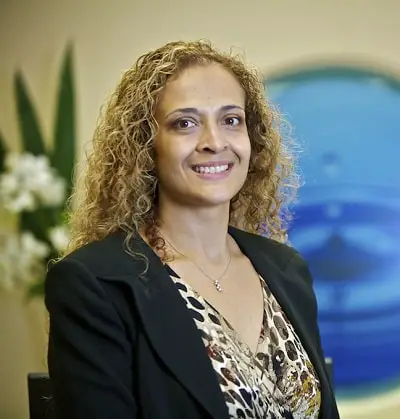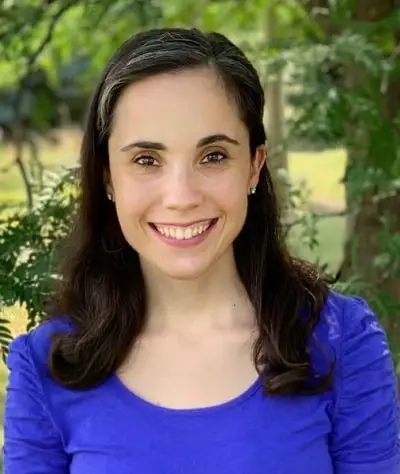Day in the life of
Urologist – Dr. Samantha Pillay

Urology is a great community. As a smaller surgical specialty, we have connections with colleagues both nationally and internationally. Urologists are progressive and able to adapt to change and new technology, being leaders in the adoption of robotic surgery, initially for prostate cancer surgery. This was a natural progression due to the endoscopic and minimally invasive skills of our surgeons. Unlike, for example, cardiology working with cardiologists, or gastroenterologists working with colorectal surgeons, there is no equivalent medical specialty – we do it all. This translates to closer, longer connections with our patients, with a whole person approach.
There is a level of commitment to the community and our patients which leaves little time or energy for oneself, but I believe we are compensated by the immense fulfillment in helping others in need. The opportunity to continue to develop new skills provides ongoing interest and stimulation throughout ones career. Our position of influence can help draw attention to community health issues and motivate people to change unhealthy habits.
My time is divided between performing surgery, procedural work (e.g urodynamics), and consulting. Being a surgeon creates many opportunities beyond the practice of medicine and surgery; educator, leader, business owner, medical research, public speaking.
I have been fortunate to work on broader health issues. Unhealthy diets and financial stress from poor money management skills has lead me to write a book.
Cons
Stress, overworked, long hours, never really switch off.
Pros
Self-employed, helping patients, caring for the community, always learning.
Urologists
diagnose, treat, and help prevent benign and malignant medical and surgical disorders of the genitourinary system and the renal glands.


.jpg)